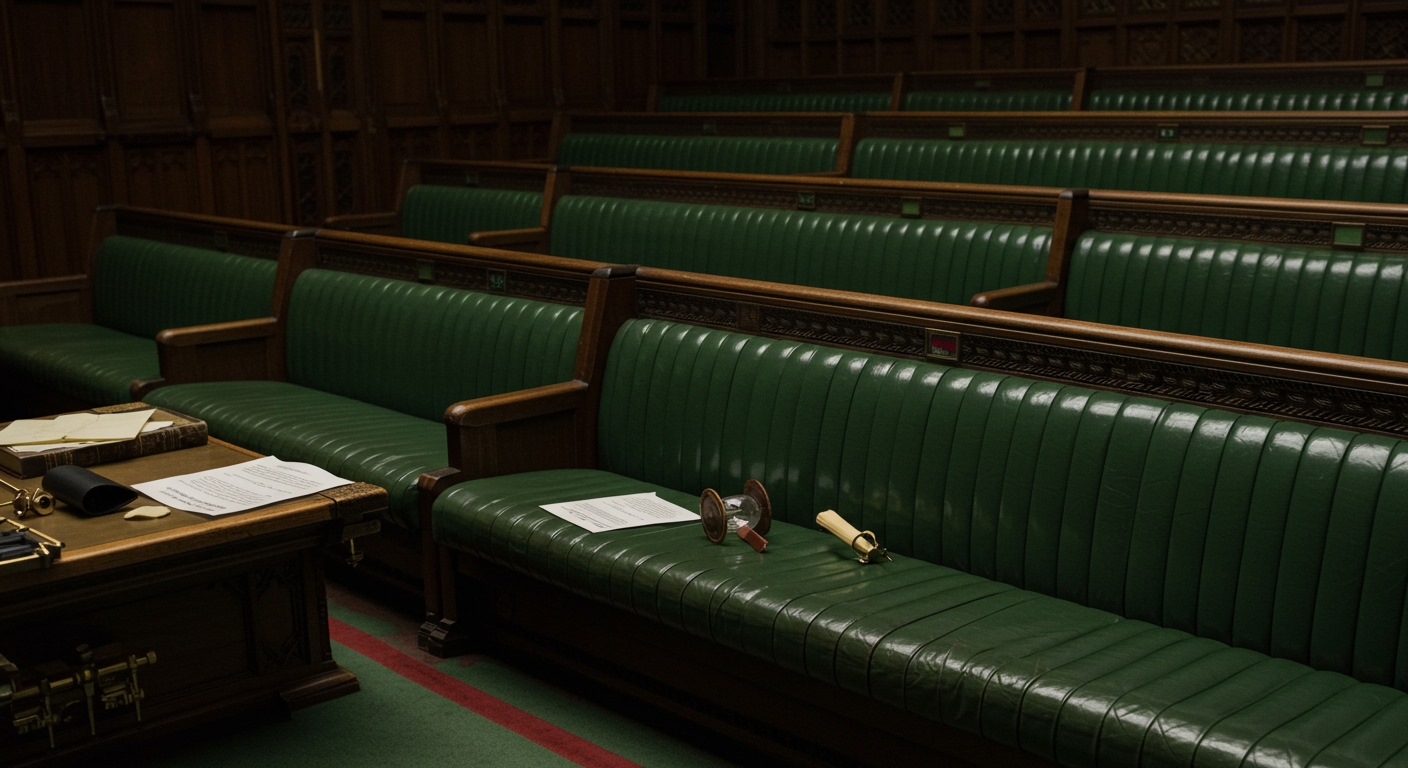London, UK – Prime Minister Keir Starmer’s office today reaffirmed its full support for Treasury chief Rachel Reeves, despite a series of government policy reversals that have significantly impacted her fiscal plans and sparked political turbulence. The statement on Wednesday, July 2, 2025, came amidst heightened speculation about Reeves’ position, particularly following her visibly emotional appearance in the House of Commons earlier that day during Prime Minister’s Questions.
The recent events underscore the challenges facing the Labour government just days before Prime Minister Starmer marks his one-year anniversary in office on Friday, July 4th. The instability centers around key economic policies designed to manage the national finances and generate revenue.
The Fiscal Strategy Under Strain
The core of the government’s fiscal strategy, overseen by Ms. Reeves, aimed to deliver responsible financial management. A key component of this involved significant reforms to welfare spending, projected to yield an estimated £5 billion ($7 billion) in annual savings. This was a substantial figure intended to contribute significantly to deficit reduction or funding other priorities.
However, these plans have faced considerable headwinds. A major setback occurred in May, when the government was forced to abandon a controversial proposal to end winter home heating subsidies for millions of retirees. Ms. Reeves had reportedly factored the cessation of these subsidies into her revenue projections, making the reversal a notable blow to her department’s financial framework.
Welfare Reversal and Political Fallout
The most recent and politically damaging episode unfolded on Tuesday, July 1st, with an embarrassing government reversal on its plans to implement cuts to welfare spending. This unexpected U-turn immediately raised questions about the stability of the government’s fiscal agenda and the Treasury’s ability to deliver its intended savings.
The political tension was palpable the following day, Wednesday, July 2nd, during Prime Minister’s Questions in the House of Commons. Treasury chief Rachel Reeves was observed appearing visibly upset, reportedly in tears during the session. This public display further fueled speculation about her standing and the internal pressures within the government.
In response to inquiries about Ms. Reeves’ emotional state, the Treasury issued a brief statement attributing her appearance to a “personal matter,” without providing further detail. This explanation did little to quell the political commentary surrounding her position and the broader governmental struggles.
The reversal on welfare cuts has created significant uncertainty regarding the actual impact of the government’s revised plans. While the original aim was a £5 billion ($7 billion) annual saving, the figure achievable after the concessions and changes made is now unknown, leaving a hole in the intended fiscal picture.
Navigating the Parliamentary Path
Despite the political drama and reversals, the government did manage to navigate the initial stage of the welfare bill through the House of Commons. This was achieved after concessions were made in an effort to soften and delay planned cuts specifically targeting benefits for disabled individuals.
However, the passage was not without dissent, even from within the ruling party’s ranks. A notable 49 Labour lawmakers ultimately voted against the bill, highlighting significant internal divisions and the depth of opposition to the proposed changes, even in their modified form. This level of internal rebellion is a significant challenge for the leadership.
Implications for Starmer’s Authority
The series of U-turns and the visible stress on the Treasury chief are widely interpreted as a significant challenge to Keir Starmer’s authority, particularly in the lead-up to his one-year anniversary as Prime Minister on Friday, July 4th. The ability of a government to maintain a stable policy platform and command the full support of its parliamentary party is crucial for demonstrating competence and control.
The current situation suggests that the government is struggling to implement politically difficult but fiscally necessary measures. The abandonment or watering down of key savings initiatives, such as the welfare cuts and the ending of winter heating subsidies, leaves the Treasury facing a potential funding shortfall.
Political analysts suggest that this fiscal gap may ultimately necessitate alternative revenue-raising measures, including potentially higher taxes. Such a move could prove politically unpopular and further complicate the government’s efforts to build public confidence.
In reaffirming support for Ms. Reeves, Prime Minister Starmer’s office is clearly attempting to project stability and confidence in his senior economic minister. However, the underlying fiscal pressures and the visible political fallout from recent policy reversals indicate that the path ahead for the government’s economic agenda remains challenging and fraught with potential difficulty.





